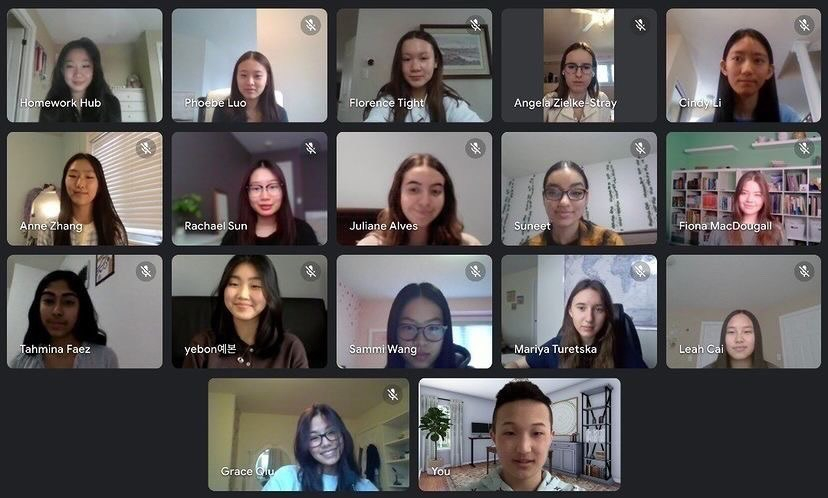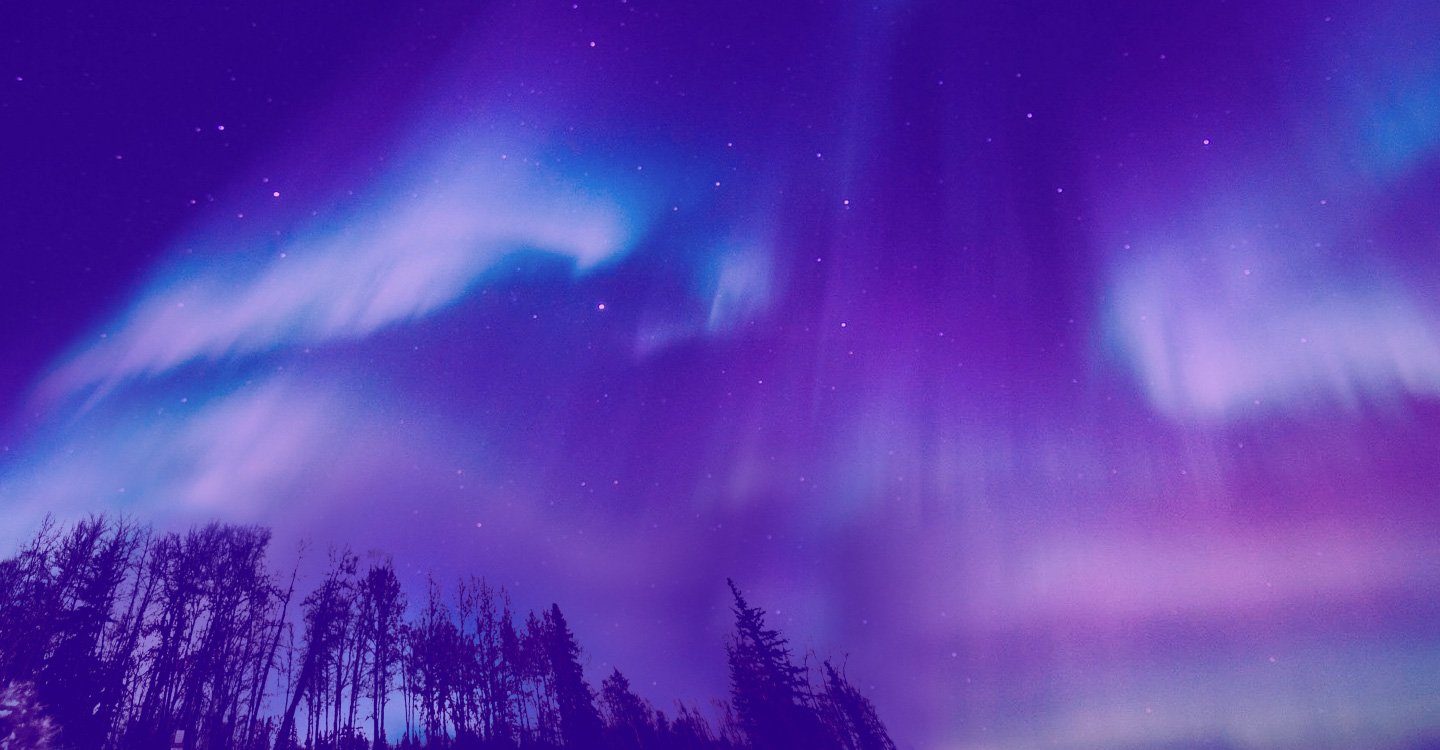‘To guess at the future’
Not long after the first bombs fell on Ukraine, Paris Cai and the dozens of high school volunteers behind HomeworkHub put two and two together. They knew the violence would upend the lives of millions, including Ukrainian teenagers. An ocean away, students would be driven from their homes and across borders, forced to start over somewhere else.
So Cai and her peers did what they could to help. With an internet connection and a particularly organized team of young people, HomeworkHub began to offer online English tutoring to young Ukrainians around the world. It was simple: students needed English help, HomeworkHub had tutors.

“We just thought we could give them an extra hand,” Cai, the group’s 16-year-old founder, told Morgan a month after the war began.
This matter-of-fact approach comes up a lot in Morgan’s reporting. Since the start of the pandemic, they’ve talked to a plethora of young, capable problem-solvers, from the Mi'kmaw woman working to boost vaccination rates in Indigenous communities to the university student documenting the fight to foster food sovereignty in Toronto’s Black community to the teenagers spending their after-school hours searching for the key to male birth control. More often than not, the young people they interview are working to make the world a better place for all. Which is why, Morgan explains, people of all ages should be listening to what youth have to say.
“People should care because young people care. And what they have to say matters, and it is not heard loudly enough,” they tell me.
“Young people deserve agency over their own lives now, not least because their priorities would likely improve outcomes for everyone in society. They are an untapped resource, if we want to use such extractive language.”

Today’s youth have been dealt a tough hand. The COVID-19 pandemic shut down life as we knew it just as the first wave of Gen Z graduates was preparing to enter the workforce. Climate anxiety has taken a heavy emotional toll on young people and even reshaping the way they view school and work. But despite these challenges and more, they have risen to the occasion.
“A lot of young people see the intersecting issues that make life more difficult for what they are and decide to pull on one of those threads (in some cases literally) that weave the whole thing together,” Morgan says. “So they are working on specific solutions to certain problems in a larger framework, and that encourages collaboration over competition. When you want to fix something, it's helpful to see other people fixing things, even if they're not exactly your things, and sometimes you can help.”
Still, making change hasn’t been without its setbacks. Last year, Morgan met a young economist, Vladislav Kaim, who explained what he called “the futurization of youth.”
“People in power claim to act in the best interests of a future group, even though that group is already suffering the consequences of the previous generations’ actions and inactions and has some expertise and experience of their own to add,” Morgan tells me.

Which may explain why so many young people have become adept at finding ways to speak directly to power. Protests and social media campaigns are important for raising awareness, but young people around the globe are also demanding an audience with some of the most powerful players on the planet — from government officials to UN delegates to high-powered banking executives — and they’re learning the complicated languages of policy, climate science and finance to do it. How they’re approaching today’s problems says a lot about what the future holds, Morgan adds.
“Young people are just old people before they've happened, except that ‘youth’ is also just such a different place than ‘adult,’” they explain. “It's all possibility and first attempts and redos, and I can't make people care about young people any more than I can make them care about anything else, but to know where they're at is to guess at the future.
“So to see some of them doing amazing things despite living through an ongoing pandemic and a looming climate catastrophe — and all the other crises the world throws at them — is inspiring. Those who have overcome barriers should be celebrated, and the systems that keep those barriers in place must be critiqued.”
If young people have anything to do with it, those barriers are on their way out. I asked Morgan what messages they hear from young people when they’re reporting that other generations need to hear, too. Their answer was short:
“Move over, we got this.”


